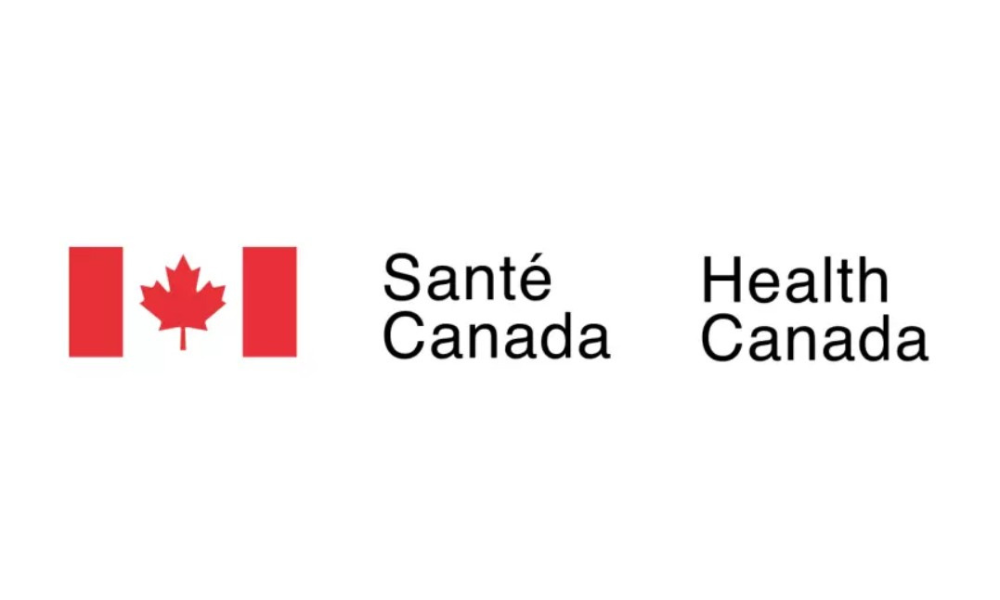'Health Canada must take action and enforce worker information requirements for pesticides'

A Canadian union is taking legal action against Health Canada, alleging the federal agency has failed to enforce vital pesticide safety protections, thereby exposing thousands of agricultural workers to serious health risks.
United Food and Commercial Workers Canada (UFCW Canada) announced it has filed a legal case, with support from environmental law charity Ecojustice, accusing Health Canada of failing to uphold its obligations under the Pest Control Products Act (PCPA).
The union—which represents more than 2,000 agricultural workers across the country—claims the department is neglecting to ensure that pesticide manufacturers provide workplaces with safety data sheets. These documents outline the health risks and handling procedures for chemical products.
The PCPA mandates that Health Canada require pesticide registrants to provide these sheets in accordance with international safety standards. The documents are a key component of workplace hazard communication and are widely used in other sectors involving hazardous substances.
‘If we complain, we are fired and deported’
Beyond the issue of missing data sheets, a Guatemalan agricultural worker named Francisco shares concerns about the impacts of pesticides on workers.
“The boss gives us the pesticide, tells us to fill the tanks, and sends us to spray the plants. No gloves, no masks, no protection at all. Nobody showed me how to protect myself nor how to handle the pesticide. The greenhouse is packed with workers, all of us breathing in the chemical.”
“I don’t know how many times I have felt my skin burning, my head spinning, or my stomach turning until I throw up.”
Despite these conditions, Francisco says workers often feel they have no choice but to remain silent.
“If we complain, we are fired and deported. So we keep quiet.”
According to Shawn Haggerty, national president of UFCW Canada, the issue is especially urgent for migrant farm workers, many of whom operate in conditions that would not be tolerated elsewhere in the Canadian workforce.
“Our union has long advocated for improved working conditions for migrant workers; our most recent report focused on the health and safety challenges faced by migrant workers, including chemical hazards. Health Canada must take action and enforce worker information requirements for pesticides.”
Migrant farm workers are often employed through Canada’s Seasonal Agricultural Worker Program and face systemic barriers including precarious immigration status, language challenges, and exclusion from key labour protections in certain provinces, according to the union.
Laura Bowman, a lawyer at Ecojustice, emphasizes that these workers are disproportionately exposed to harmful substances without access to the necessary information to safeguard their health.
“Canada has failed to implement key pesticide safety provisions for agricultural workers,” she says. “Health Canada must stop adding to this discriminatory and unequal situation.”
How does Health Canada address non-compliance with PCPA?
In an email to Canadian HR Reporter, Health Canada did not detail the specifics of the case, which is now before the Federal Court.
However, it states that its Pest Management Regulatory Agency (PMRA) requires both toxicological and occupational exposure information on labels, based on the results of a thorough scientific evaluation.
“Through its regulatory and enforcement function, Health Canada promotes, verifies and enforces compliance with the [PCPA] and conducts compliance verifications of users of pest control products to verify compliance with the Act.”
The agency explains that the PCPA requires anyone using pest control products to follow labels which specify the directions for use. This includes where it can be applied, the pest it can be used to treat, the environmental conditions under which it can be used, the protective equipment that must be worn during mixing and application, as well as the required wait time before re-entering a treated area.
“When there is evidence of a contravention with the PCPA, Health Canada will take the most appropriate enforcement measure (e.g., warning letters, compliance orders or monetary administrative penalties) based on the level of risk to address the non-compliance. Health Canada actively promotes to users of pest control products the importance of adhering to product labels, reminding users of how to access and search labels using its online label search tool.”
Previously, a United Nations Special Rapporteur on contemporary forms of slavery said that Canada’s Temporary Foreign Worker Program (TFWP) serves as a breeding ground for contemporary forms of slavery, as it institutionalizes asymmetries of power that favour employers and prevent workers from exercising their rights.
Ottawa has made numerous changes to the program since last year.




